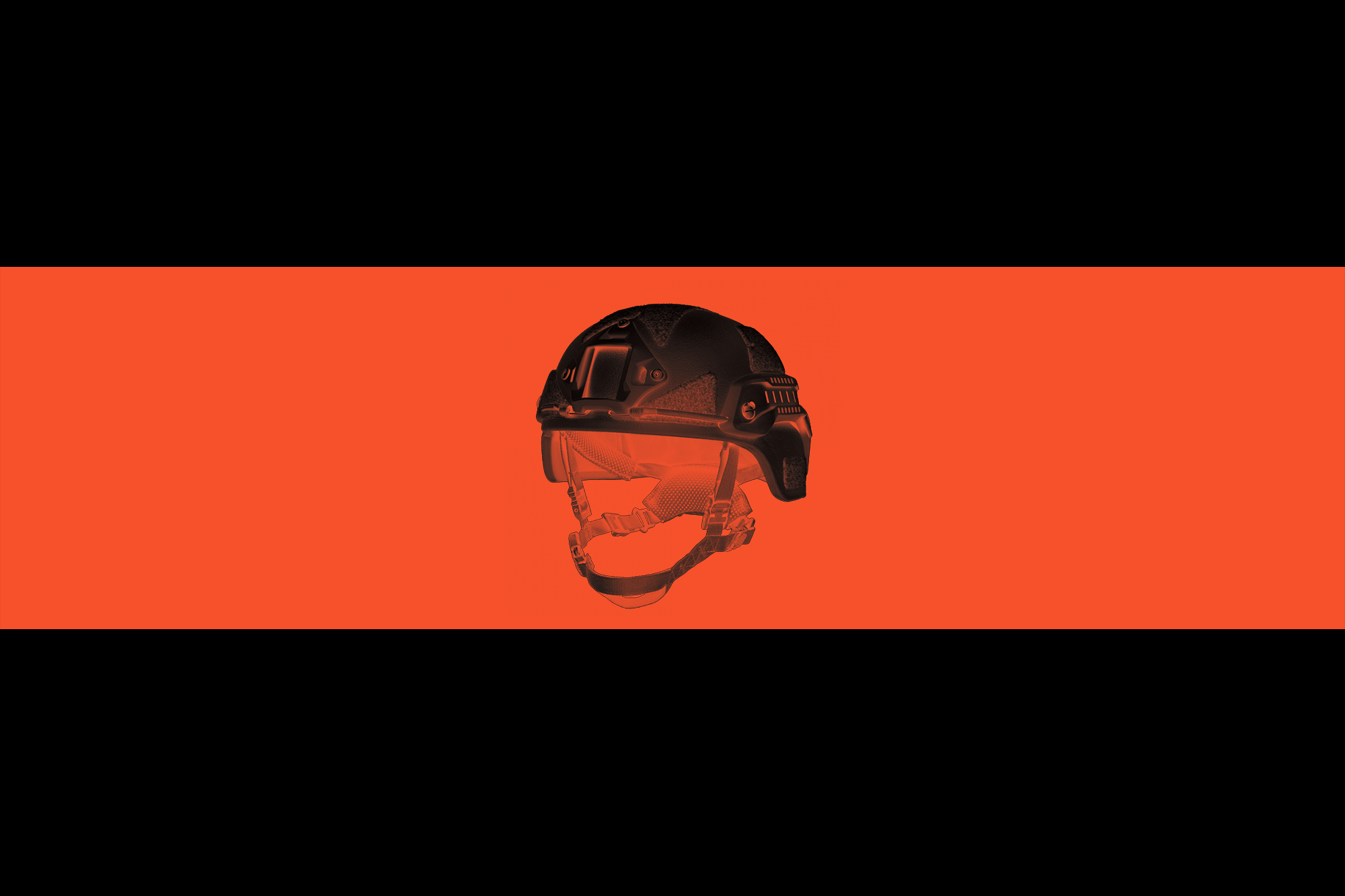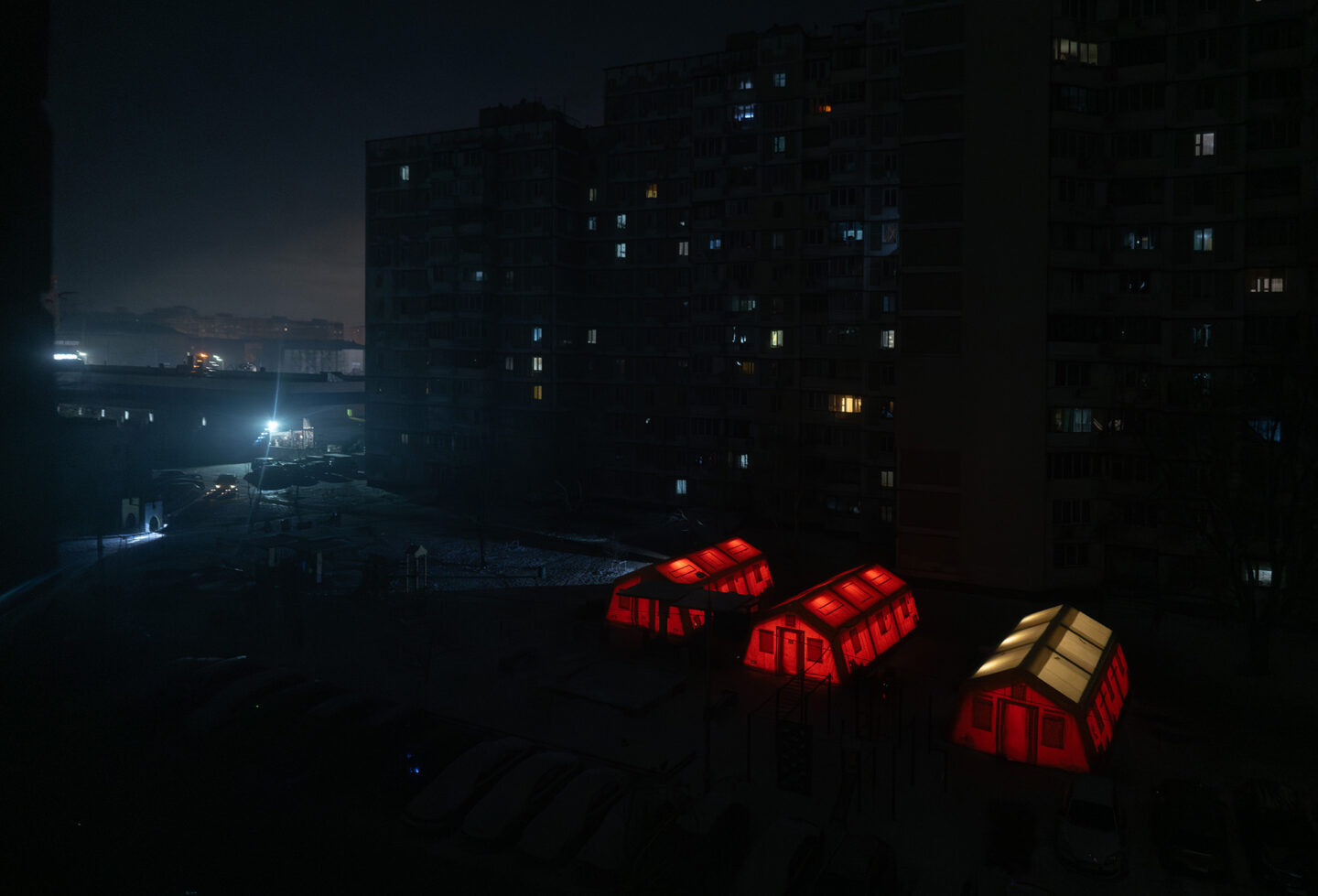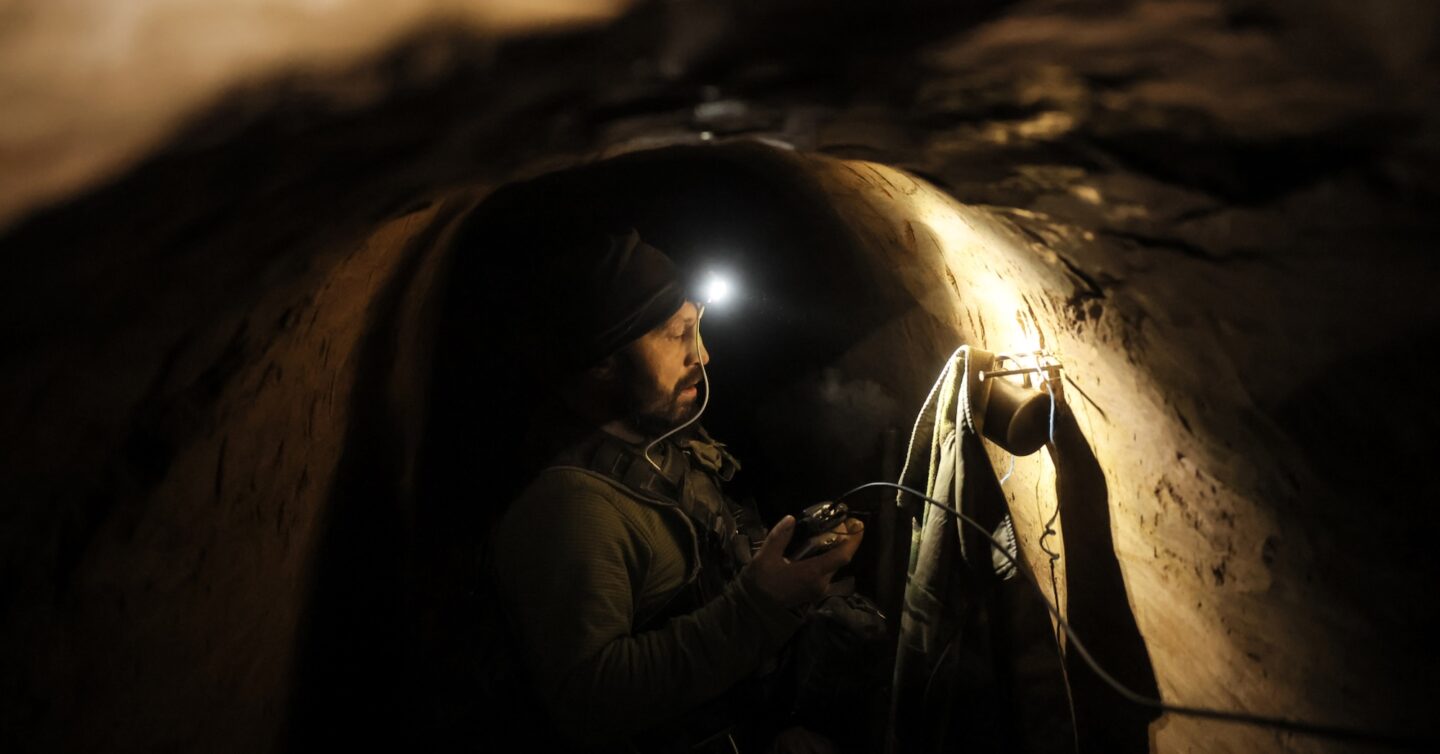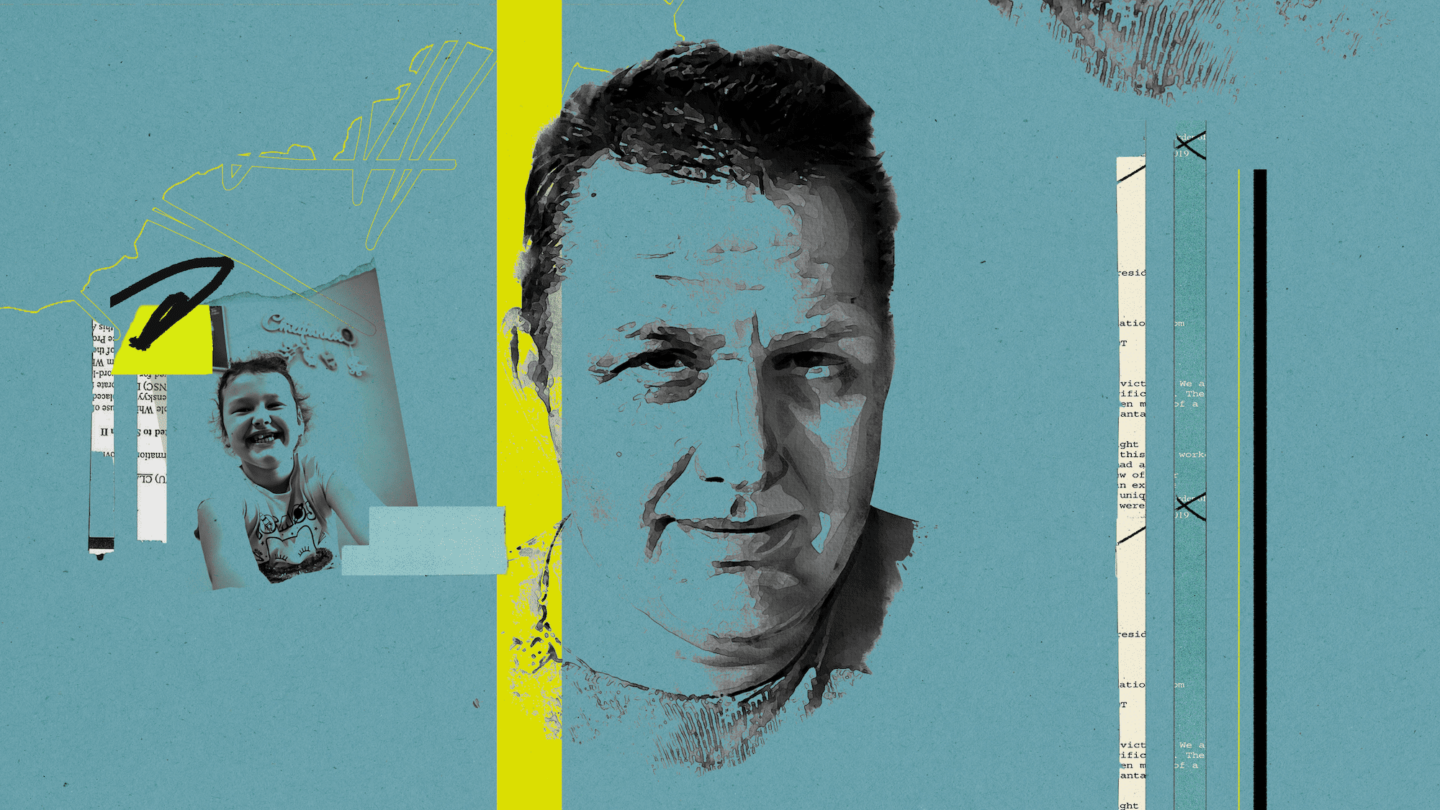The War That Changes Us is a series of columns marking the third anniversary of the full-scale invasion. How does the war shape us? What scars, imprints does it leave behind? How closely have we grown to the war, and how deeply has the war taken root in us? What has changed over the past three years? Over 11? Who were we then, and who will we never be again?
We tried to seek out answers and asked our colleagues to share their reflections: historians, journalists and activists, service members and human rights defenders, writers, cultural managers, scholars and public intellectuals.
§§§
Three years ago, on February 24, 2022, the life of every Ukrainian changed. Russia started the first full-scale war of this century — the war against Ukraine. The real goal of the so-called “special military operation” is to destroy our identity, culture, and statehood. “The final solution to the Ukrainian question.”
This period has left deep scars — but what have we gained along with the pain?
In January 2022, the Russian language was still predominant on the streets of Kyiv, and it would have been a challenge to find a Ukrainian-speaking tech blogger on YouTube on your first try. Now, conducting business in the Russian language is in bad taste, and whoever decides to sabotage themselves in that way will face the justified wrath of the public. The reader may disagree and point out that the Russian language is still present on our streets, but it’s hard to deny that there has been a huge leap in self-awareness. Maybe not everybody has made that leap. However, in general, the public consciousness has shifted dramatically.
Throughout the centuries, Ukrainians have suffered from systemic repression and genocide by Moscow’s imperialism in different forms: dekulakization, the Holodomor, mass repressions of the intelligentsia, deportations and total Russification, the effects of which we’re still trying to undo today. The list is long, and it’s impossible to include everything in just one short paragraph.
To be honest, considering our history, it’s hard to fathom how we still exist as a nation. Mathematically speaking, it should not have been possible. Even in February 2022, every military calculation gave us no chance to survive.
However, the blitzkrieg of the Russian Nazis didn’t succeed. We preserved our statehood. There is no guarantee, though, that it will last forever. This is why we need to draw conclusions and work incessantly — otherwise, we will lose everything.
Let us also remember to whom we owe our continued existence.
The price of realization
In the first days of the war, tens of thousands of Ukrainians of different ages and professions came to the defense of what was theirs. Every Ukrainian has such examples — either they became a defender themselves, or their family or friends were among the first in line at the military recruitment offices.
For me, the collective image of the Ukrainian Armed Forces circa 2022 is my unit, which we jokingly called the “Hawaiian Territorial Defence,” even though we were, in fact, part of the elite 73rd Naval Centre of the Special Operations Forces of Ukraine. People from very different backgrounds ended up serving there together. The group that became close friends consisted of entrepreneurs, travelers, teachers and one MP.
Dmytro “Harmash” Pashchuk. He ran a restaurant and a bar in Lviv and had previously served in the French Foreign Legion, making him one of the most experienced members in our unit. He died a hero on March 12, 2023, in Kherson Oblast.
Artem “Kurka” Dymyd — an adventurer who travelled to more than 50 countries, and God only knows how many parachute jumps he had done. You could have seen him in the photos for Aviatsiya Halychyny. He came home from his travels after the start of the full-scale invasion. He died on June 18, 2022, during the liberation operation for the right bank of Kherson Oblast.
Pavlo “Istoryk” Nakonechnyi was killed on the same day as Kurka. He was a history teacher and a co-founder of Poklyk Yaru [Ukrainian for “The Call of Ravine,” a Ukrainian youth organization and educational initiative that blends patriotic education, outdoor adventure and civic responsibility — Ed.], who left behind his teaching career and public activism to join the defense of Ukraine.
Thank God, one of my other brothers in arms, veteran Viktor-Mykola “Vitia-Kolia” Havryliuk, is still alive. Before the invasion, he was an avid traveler, and now, having been wounded in action, he continues to support the unit.
There are hundreds of thousands of such cases of people who were “not born for war.” The army has grown to a million strong, and every member has their own unique life story. Their unity, self-awareness and diversity have become the basis of Ukraine’s resilience. They are the young men and women who didn’t hesitate to pick up arms to defend their cities, destroying enemy equipment on the outskirts of Kharkiv or selflessly defending Sumy, Chernihiv, Kherson and Mykolaiv.
Every one of them has remained where they could and needed to be.
But there is a catch. Courage and self-sacrifice can fuel you for a while. However, three years is too long to sustain yourself on courage alone.
This is why, for our future defense and survival, we need changes.
The need for transformation
Withstanding the initial blow was just the first step. We need to rapidly transform the entire country and establish a solid foundation for the future.
First and foremost, we need to reform the army. It’s not just about replacing the MiGs with F-16s and Tochkas with ATACMS. There needs to be a total change in the military’s methodology, attitude towards the mobilized, and respect for service members. “A small Soviet army will never defeat a big Soviet army” is a well-known and still relevant adage. We must build flexible and effective structures that can quickly adapt to the challenges of modern warfare. The Unmanned Systems Forces is a good example of this. As is the corps structure. As is the promotion of commanders who have seen the hell of war and proven themselves in battle since 2014 and after 2022. A strong army is the most reliable security guarantee.
The second factor is to rid ourselves of everything Russian. It’s about more than just renaming streets or towns, although that, surely, also needs to continue. What we need is the restoration of our historical memory and the return of the right to have our own Ukrainian identity. Derussification helps us become free from the narratives that have been imposed on us, which have for years distorted our self-image in our own eyes and in the eyes of the world. The return of Ukrainian names and symbols into our environment, on the one hand, helps us reclaim our lost history, and on the other, lays the foundation for future generations. As a co-sponsor of the legislation on decolonization, I’m certain that the true effect of the derussification processes will be felt only after 10-20 years. So, these decisions cannot be postponed. The quicker we rid ourselves of everything Russian, the quicker we will be reborn as a nation.
Third, we must increase international cooperation. It’s not just about diplomacy, but the ability to speak with the global community as equals. Knowledge of English opens up access to high-quality content, advanced knowledge, and technologies, and expands our capabilities in business, science, and culture. Ukrainians should be able to access information from English-speaking sources in the advanced world, rather than the easy answers provided by the Russophone information space. This will help us build partnerships based on mutual respect, rather than a one-sided approach of “give us this” or “help us.” We can’t just keep asking for things—we must become equal participants in the international community. This task concerns not just the people working in foreign relations. Every Ukrainian can and must become an ambassador of Ukraine—burn all the bridges to the East and open up the doorway to the West. Euro-Atlantic integration is not just a concern for politicians but for all of us in our everyday lives.
In place of a conclusion
Our goal is to build a Ukraine where every citizen feels proud of their country and the sacrifices of our heroes will not have been in vain.
Despite the losses and pain, we’ve become stronger, more aware, and realized that we can achieve more when we stand united. We will continue to fight for the right to be ourselves on our own land.
Roman Lozynskyi, activist, Plast member, People’s Deputy of Ukraine.
If you’d like to share your thoughts, ideas, or experiences by contributing a column, please email us at [email protected]. The views expressed in the piece may not necessarily reflect the position of The Ukrainians Media. Reprinting the text or any part of it is permitted only with written permission from the editorial team.
Illustration by Vadym Blonskyi
Translated from the Ukrainian by Liubov Kukharenko




